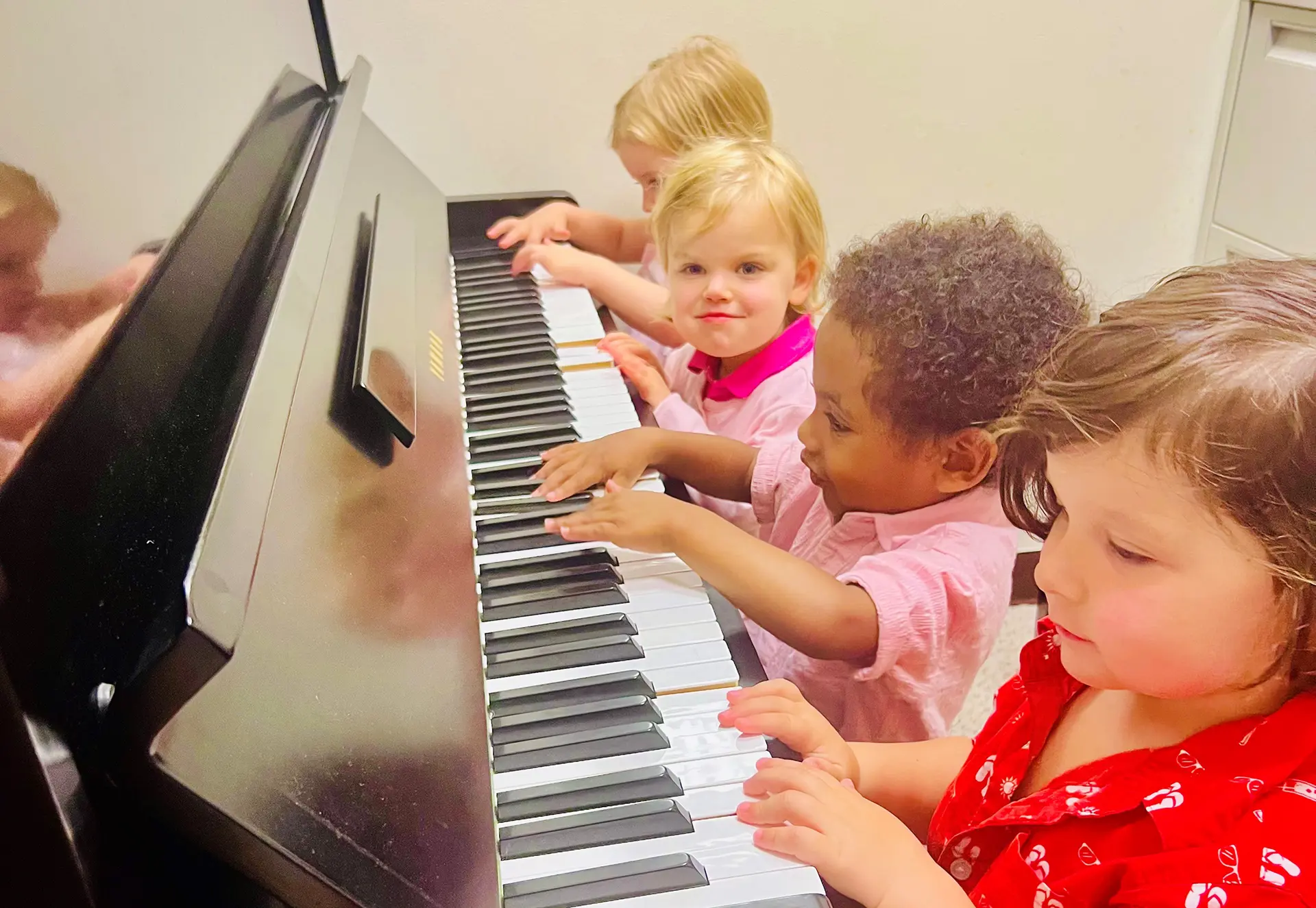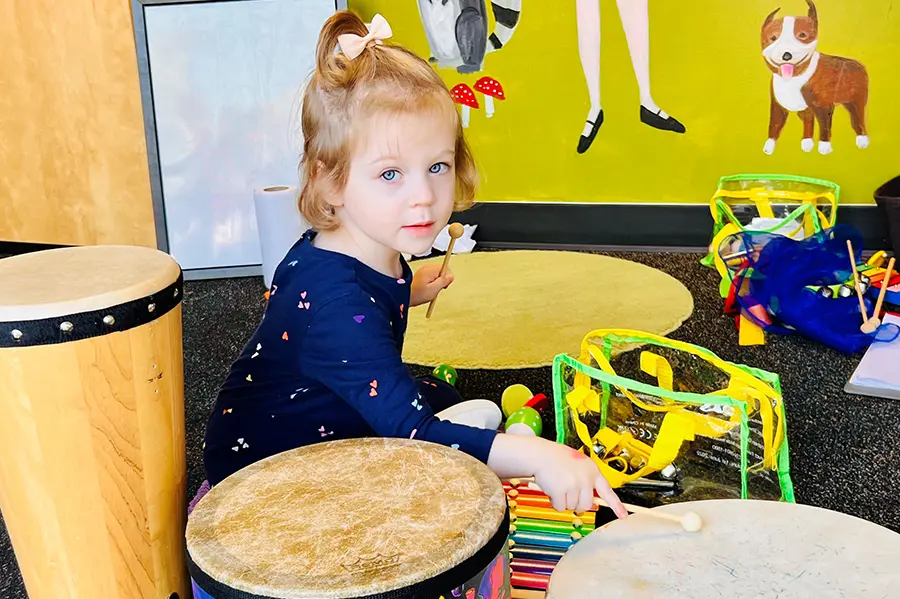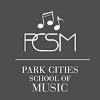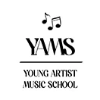
Which Instrument is Best for Toddlers to Learn?
Introducing your toddler to music is one of the most enriching gifts you can give them. Learning an instrument at a young age not only develops motor skills and creativity but also strengthens cognitive abilities like memory and problem-solving. But as a parent, you might wonder: which instrument is best for toddlers to learn?
Let’s explore some toddler-friendly instruments and how they can spark a lifelong love for music.
1. Piano: A Great Starting Point
The piano is one of the most popular instruments for toddlers to begin with. Its layout is simple and visual—press a key, and you produce a sound. Toddlers can easily experiment with melodies and rhythms, even without formal lessons. Learning the piano builds hand-eye coordination, finger strength, and an understanding of musical patterns.
For younger children, consider starting with a smaller keyboard or a toy piano to make learning more approachable.
Why it’s great for toddlers:
- Easy to create sound.
- Helps develop fine motor skills.
- Provides a solid foundation for future musical endeavors.
2. Ukulele: A Toddler-Friendly String Instrument
The ukulele is an excellent instrument for toddlers to learn due to its small size and soft nylon strings, which are easier on tiny fingers than a guitar. With just a few simple chords, your toddler can start playing familiar songs, giving them a sense of achievement and joy.
A ukulele is also lightweight and portable, making it easy for little ones to carry around.
Why it’s great for toddlers:
- Perfect size for small hands.
- Teaches rhythm and chord patterns.
- Fun and easy to play.
3. Drums: For the Rhythm-Loving Toddler
Toddlers naturally love to tap, bang, and create rhythms, making drums an exciting choice. While a full drum set might be overwhelming, smaller percussion instruments like bongos, tambourines, or a single snare drum can provide an engaging and manageable introduction.
Drumming is excellent for developing hand-eye coordination and teaching your child about tempo and rhythm. It’s also a fantastic way for energetic toddlers to burn off some energy.
Why it’s great for toddlers:
- Encourages physical activity.
- Develops rhythm and coordination.
- Instant gratification from creating sound.
How to Choose the Best Instrument for Your Toddler
When deciding which instrument is best for your toddler to learn, consider the following factors:
- Age and motor skills: Younger toddlers might prefer simple percussion instruments, while older toddlers can handle keyboards or stringed instruments.
- Interest level: Pay attention to your child’s natural inclinations. Do they enjoy banging on objects, or are they drawn to melodic sounds?
- Size and portability: Choose an instrument that’s easy for your toddler to handle.
- Durability: Toddlers can be rough with their toys, so opt for sturdy instruments designed for young children.

Benefits of Learning an Instrument as a Toddler
Starting music education early offers numerous advantages for your child, including:
- Improved cognitive development.
- Enhanced fine and gross motor skills.
- Greater emotional expression and creativity.
- Building patience and discipline.
Which Instrument is Best for Toddlers to Learn? Final Thoughts
Whether it’s the piano, ukulele, drums, xylophone, or recorder, the best instrument for your toddler to learn is the one that captures their interest and brings them joy. By encouraging your little one to explore music, you’re giving them the tools to develop skills that will benefit them for a lifetime.
So, if you’re wondering which instrument is best for toddlers to learn, start with an instrument that fits their personality and developmental stage. Watch as they discover the magic of music and take their first steps toward a lifelong journey of creativity and learning.



